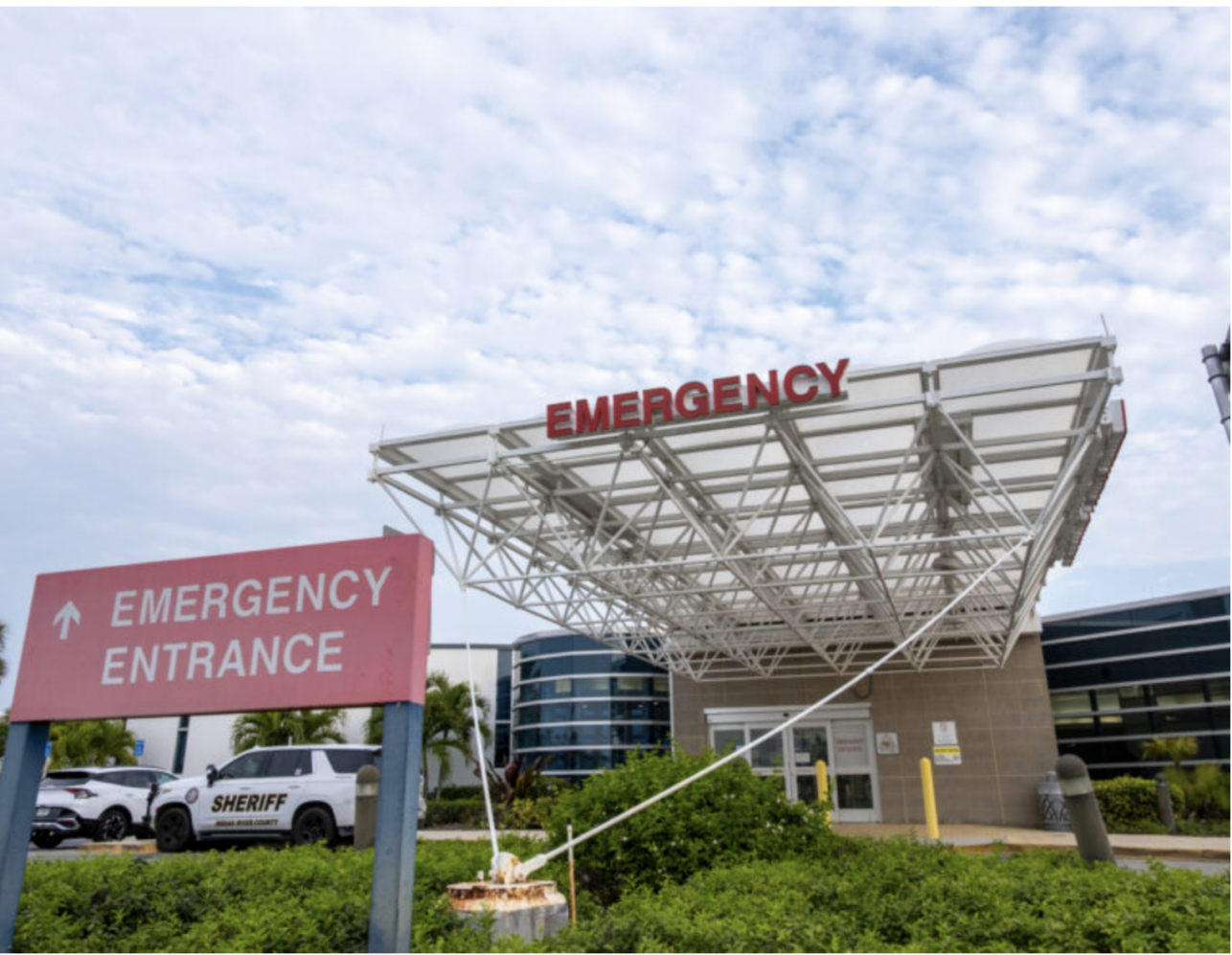The Washington Post reported on July 6, 2017 that there’s a “glimmer of hope” for the devastating opioid crisis that has ravaged our Nation killing close to 180,000 people between 2000 and 2015. According to the article Opioid Prescriptions Dropped for the First Time in the Modern Drug Crisis, the Center for Disease Control and Prevention reported that the number of opioid prescriptions written between 2012 and 2015 declined by 13.1%. But before breathing a sigh of relief that this crisis may be ending, there still are serious issues:
- The prescription rate for opioids is still three times the level it was in 1999 and 4 times what it is in some European countries.
- Anne Schuchat, the CDC’s acting director, said that even with this decline in opioid prescriptions, “enough opioids were ordered in 2015 to keep every American medicated around-the-clock for three weeks.”
- In 2015 there were more than 33,000 deaths from prescription opioids. 13,000 more people died from heroin overdoses.
If this is considered the first sign of any progress after almost two decades of hopelessness, it is troubling. The fact is questions surround the accuracy of stale statistics being utilized to highlight this “glimmer of hope.” The wavering light of improvement touted in the article appears to be coming from data that is two years old. Gary Mendell lost his son Brian to addiction in 2011 and started the anti-drug advocacy group, Shatterproof, to bring more attention to the opioid crisis. Mendell expressed concern over the CDC’s methods of collecting and analyzing data in the United States, calling it “cumbersome and inefficient.” AbleChild shares Mendell’s concerns.
According to Connecticut’s Public Health Department website, “Within the realm of public health, mortality statistics are often used as a cornerstone in formulating health plans and policies to prevent or reduce premature mortality and improve our quality of life.” So, what happened? Why no real progress?
Today, behavioral health “oversight” councils exist in every state. Federal legislation fuels the councils with mental health block grants that are dispersed to the billion-dollar behavioral health industry. The outcome of being ruled by behavioral health councils equates to the more money given, the more the crisis grows. The opioid crisis has been determined to be a behavioral health problem because psychiatry has determined that addiction is a mental illness. What is odd about this determination is that there is no science to support that addiction is an abnormality of the brain.
Nevertheless, the Behavioral Health Oversight Partnership Council (BHOPC) ultimately reports through the executive branch. The committee members are mental health vendors that sell their products and services to the government to reach consumers. They make recommendations on how the block grant money is spent, actually write the legislation, and are never audited. Obviously this is a clear and present conflict of interest and is deadly for the consumer. Members are not elected and the policies they influence increase their financial bottom line.
The Connecticut BHP Oversight Council current opioid crisis plan is outlined in a vendor’s presentation entitled Project Echo a 3-pronged solution. Simply put, it’s an “Access, Drug, Drug” approach. Missing in all the glossy presentation marketing material is enforcing informed consent for patients on what these drugs really are, the possible side effects, and a lack of access to natural alternatives that don’t involve prescribing more drugs such as Soboxone and Naxolone.
The Council fails to educate the consumer on how and why to report an adverse drug event via MEDWATCH. After all, the FDA uses the MEDWATCH consumer reporting system to regulate the drug companies; one would think this is important for the consumers to have access to during this prescription drug crisis, but apparently not. Yet, it is difficult to miss the executive branch bootlicking praise of yet another mental health vendor’s experience and knowledge in the field of addiction.
The BHPOC recently welcomed back Lori Szczygiel to re-assume the role of Chief Executive Officer for Beacon Health Options, a prominent behavioral health company. In the presentation distributed by the Council for Beacon, entitled Health Inequity in the Connecticut Medicaid Behavioral Health Services System: A Roadmap for Improvement. It was shocking to see a clear marketing strategy to target certain racial and ethnic groups in the Beacon “three-pronged plan” with the roadmap rational jargon of “unmet” mental health “needs” of Blacks and Asians in particular. Considering that the “solutions” they are presenting mostly involve prescribing more drugs, it seems dangerous and discriminatory to be singling out any race or ethnicity as a target for treatment.
This would not be the first time a behavioral health provider would use the “bad gene pool approach” to capture more mental health clients for their addictive drug treatment programs. A psychiatrist in Texas made national news explaining to the legislators why children in foster care were given massive psychiatric drugs. The psychiatrist indicated the reason the children were given multiple drugs, off label, was because they were from a “bad gene pool.” AbleChild stood with the NAACP for that psychiatrist to step down. Clearly, this racial and ethnic “Beacon Theory” should be backed up with some science.
The lack of science and accurate data is appalling and must be called out as a major contributing factor in the overall opioid death toll.









